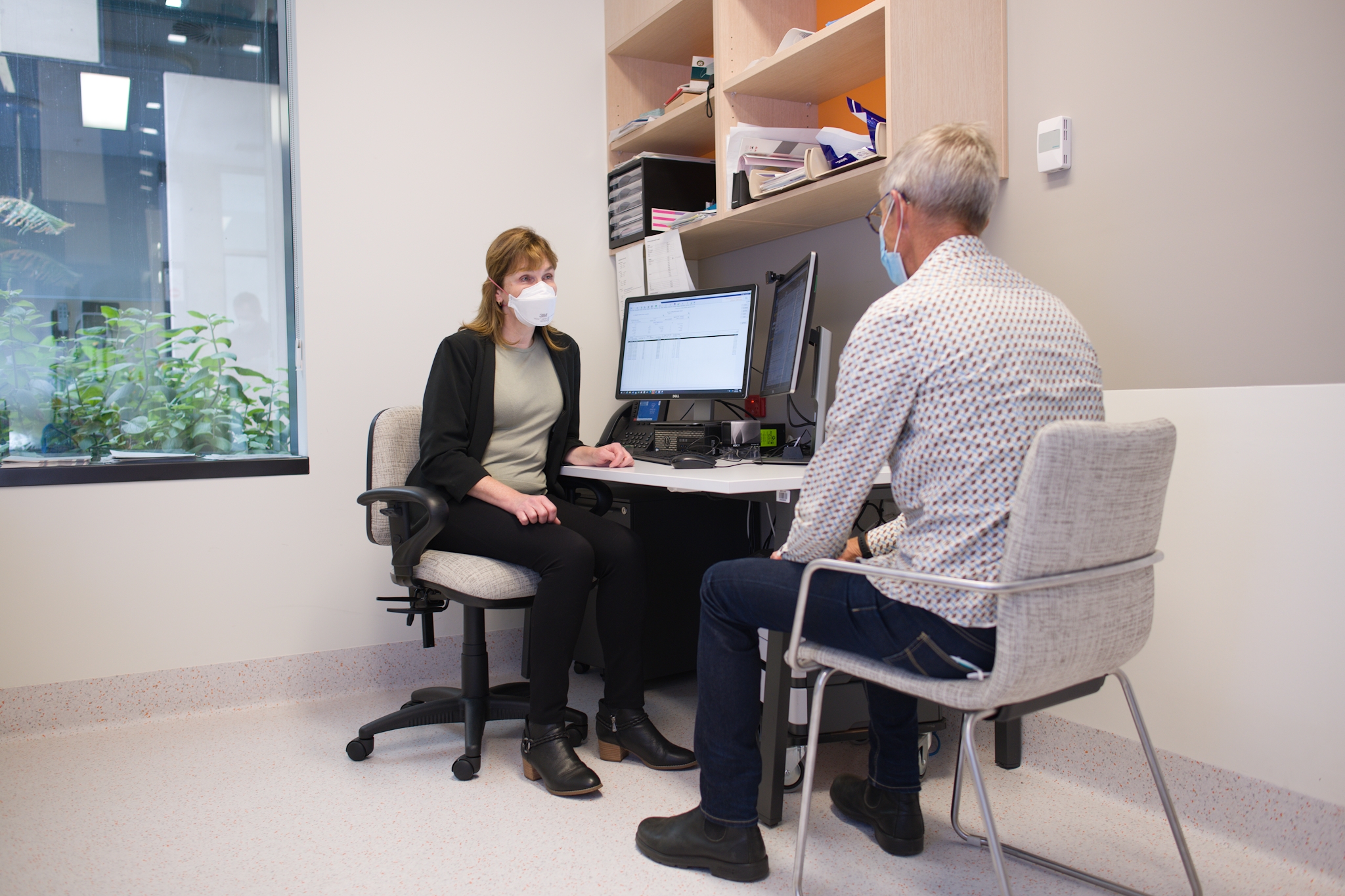Cancer of Unknown Primary (CUP) is where cancer has been found in the body but the primary site of origin (i.e., where the cancer started) remains unknown, despite comprehensive testing and specialist review.
When cancer first develops in the body, it is called a primary cancer (or primary site). If the cancer then spreads to a different part of the body, it is called a secondary cancer (or metastasis). If there is both a primary and secondary cancer, the name of the original cancer is kept. For example, bowel cancer that has spread to the liver is called metastatic bowel cancer, even though the person may be experiencing symptoms caused by problems in the liver.

Malignancy of Unknown Origin (MUO), is the step before a diagnosis of CUP or another diagnosis. MUO is where there is suspicion of cancer based on initial tests and investigations (such as imaging), but it is not clear where the cancer started. After further tests and investigations (including a biopsy), patients who have an initial diagnosis of MUO will be found to have no cancer (i.e. benign); a primary cancer, of if no primary cancer is identified, the final diagnosis is confirmed as Cancer of Unknown Origin (CUP).
Here are the links to other information pages to learn more about different aspects of CUP. You may also use the quick links on the right side of the page to navigate.

Most people are diagnosed with cancer of unknown primary (CUP) after they have symptoms or become unwell. Some people may be diagnosed during tests for another health condition. When cancer is suspected, you might be referred for tests or to a specialist.

The treatment you have depends on a number of things, including where the cancer is and your general health. A team of doctors and other professionals discuss the best treatment and care for you. The main treatment for Cancer of Unknown Primary is cancer drugs, most commonly chemotherapy. You may also have radiotherapy to help to control your symptoms and hormone therapy.




